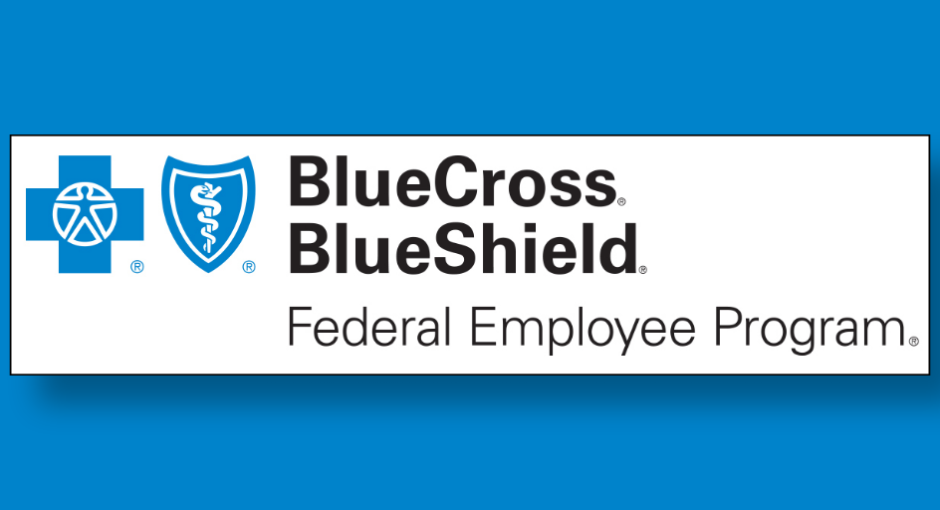UPDATE Wednesday, June 22, 2022, 2:50 p.m. EDT—CVS Health issued this statement: “We do not comment on specific PBM client contract terms. Our clients are sophisticated purchasers, and we work closely with them to customize a benefit design meeting their specific requirements. We support the 340B drug discount program and its role in helping vulnerable populations access critical medications.“
Hospitals and health centers say claims dating back to Jan. 1 have been reversed without notice or explanation this month for 340B-purchased drugs that CVS Specialty dispensed under contract pharmacy arrangements to participants in the Blue Cross and Blue Shield Federal Employee Program (FEP).
It is unclear who decided to reverse the claims and for what reason.
Covered entity losses could be significant. FEP covers more federal employees, retirees, and dependents—5.6 million out of more than 8.0 million—than any other health plan offered in the Federal Employees Health Benefits (FEHB) program.
Some veteran 340B stakeholders say the claims reversals could prompt other payers and/or pharmacy benefit managers to follow suit. They see the reversals as a direct consequence of the wave of drug manufacturers’ demands for entities’ contract pharmacy claims data. The manufacturers use the data to prevent paying rebates on drugs they sold at discounted 340B prices. These 340B stakeholders think the claims reversals are in response to non-payment of rebates. So do some of the entities whose claims were reversed.
Others 340B program veterans urge caution. There is “lots to unpack here, but almost no information with which to understand the landscape,” a senior executive at a pharmaceutical distributor said.
Aaron Vandervelde, founder and business development lead for 340B ESP, the contractor that manages many drug manufacturers’ 340B contract pharmacy claims submission requirements, said last night, “We are not aware of this potential development and do not know the genesis of this decision on the part of CVS. We have not received any notification of this from either CVS Caremark or the covered entity community.”
CVS’s Multiple Roles and BCBS Statement
CVS plays multiple roles in claims for 340B drugs paid by FEP.
CVS Caremark is FEHB’s pharmacy benefit manager. CVS Specialty serves as a 340B contract pharmacy. CVS Health owns the 340B third-party administrator Wellpartner.
Under a contract that took effect Jan. 1, CVS Caremark resumed its administration of FEHB’s specialty pharmacy benefits, which it lost in 2018. CVS Caremark already managed FEHB’s retail and mail-order pharmacy services.
Pharmacy staff members at several covered entities said they discovered the claims reversals during the first two weeks of June. Most said the reversals were for specialty drugs only. One said there were reversals also for mail-order drugs.
The entities gave similar accounts about explanations for the reversals from Wellpartner.
“Wellpartner answered our inquiry saying that BCBS FEP opted out” of 340B, one health system pharmacy executive said, “but refused to provide any additional information claiming confidentiality.”
“We had to reverse $250,000 worth of claims as they no longer participate in the 340B program,” a different health system pharmacy executive said.
Wellpartner told a health center pharmacy executive in an email exchange that a client of CVS Specialty deemed the claims “ineligible for 340B.” The company said it could not identify the client or disclose other details “due to confidentiality reasons.”
340B Report asked Blue Cross and Blue Shield Association (BCBSA) if it wished to comment on these statements. It answered that FEP “has never taken part in the 340B program.”
BCBSA did not immediately respond to a follow-up question about whether FEP has changed its policy on reimbursement for 340B-purchased specialty drugs.
Under federal law, health care payers are not 340B program participants per se. Only 16 types of health care providers that meet eligibility requirements and drug manufacturers that sign 340B pharmaceutical pricing agreements are bound by the 340B statute and 340B program regulations.
Although the 340B statute and rules are silent on payment terms for 340B drugs, those terms are in contracts between payers and entities (for 340B in-house pharmacies) and between payers and pharmacies (for 340B contract pharmacies), experts say.
Also, there are laws on the books in 23 states now forbidding various types of pharmacy benefit manager and/or payer discrimination against 340B covered entities and contract pharmacies, including discriminatory reimbursement based on an entity or pharmacy’s 340B status.
“We have warned hospitals that if they submit claims data to 340B ESP, the revenue they hope to receive through contract pharmacy arrangements would likely erode over time,” said William von Oehsen, a partner at Powers Law and a former president of hospital group 340B Health.
The claims reversals involving FEP and CVS could be “a vivid example of that risk coming true,” von Oehsen said.
The drug wholesaler executive who urged caution said it is not clear if the claims reversals are related to the jump late last year and early this year in the number of manufacturers imposing claims data submission requirements on 340B pricing, a corresponding jump in the number of entities providing data, and a corresponding decline in rebates.
Whether the claims reversals are related to specific manufacturers, pharmacy network partners, or drugs also is unknown, the executive said. The terms of the pharmacy services agreement with the retailer and the 340B TPA contract are unknown too, the executive added.


